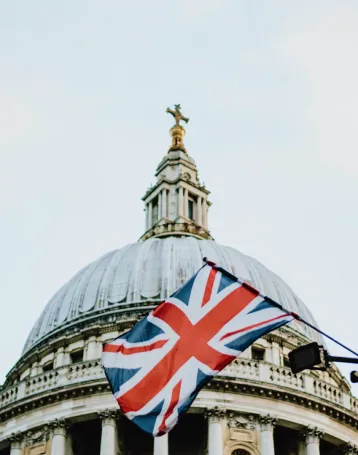
Holders of a UK Forex License can operate in one of the best places for forex trading. The UK has a flexible yet strict approach to regulating forex activities, which helps businesses grow and boosts their reputation. Alparanjo, experts in licensing, offer services to help you get a license quickly and remotely.
The UK is a top country for prestigious forex licensing, setting the standard for brokers who want global recognition. The UK Forex License is seen as a symbol of quality and trust, opening up new opportunities for businesses worldwide. However, getting this license is challenging, requiring time, resources, and meeting strict rules.
The UK is popular among brokers because of its stable economy, strong reputation, and access to the European market, supported by its well-developed financial sector. To get a license, companies must have enough initial capital, an office in the UK, and qualified managers who can prove they are capable of running the business.
A crucial part of getting the license is meeting the FCA’s standards, which cover risk management, protecting client funds, operational transparency, and broker integrity. The process requires a solid understanding of UK laws and a readiness for strict regulatory checks.

